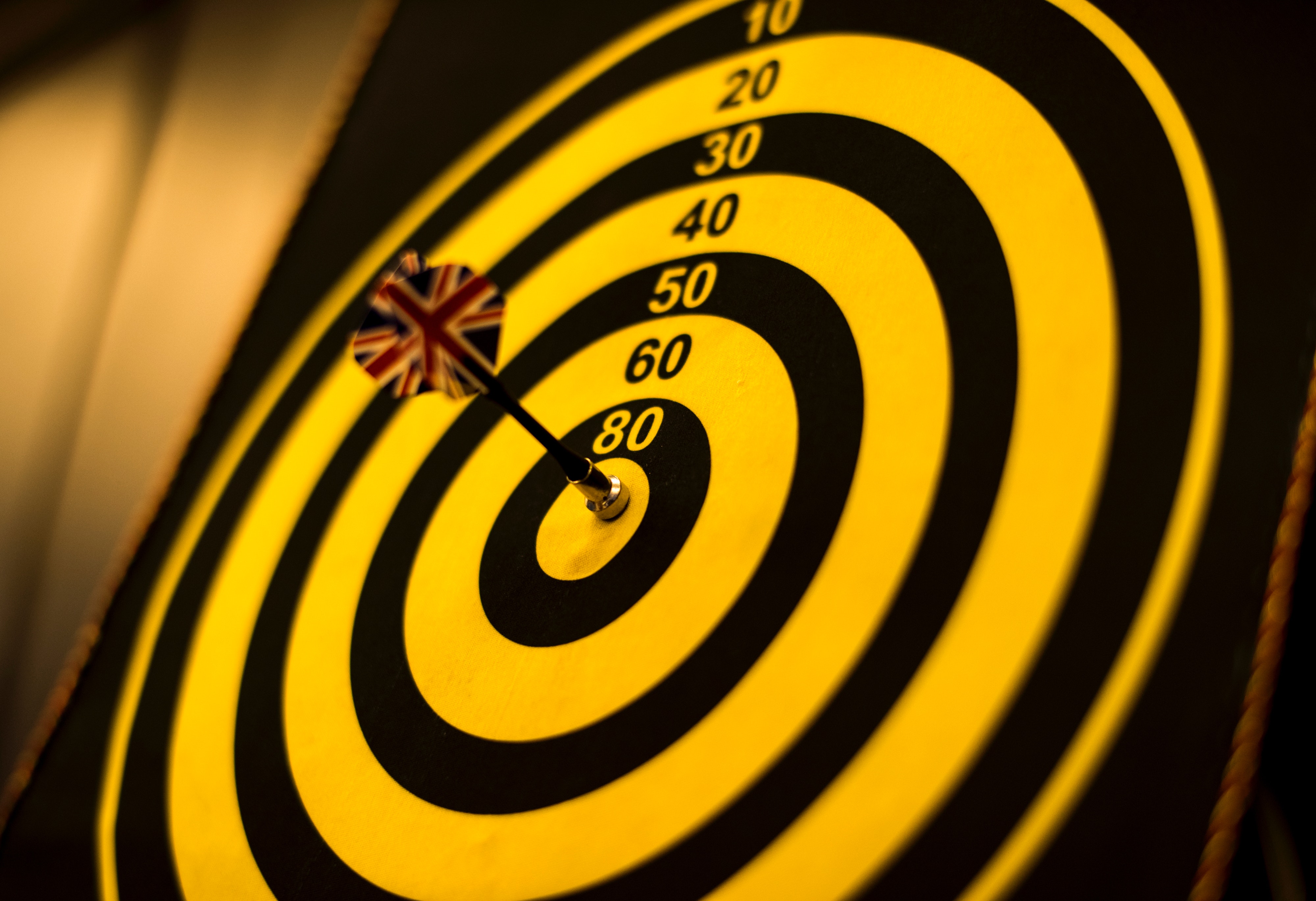If we look around corporate Australia, or the world in fact, there is no lack of pledges and gender target commitments that have transpired into familiar taglines such as “50/50 by 2030”, “25% by 2025”.
Yet companies and governments that have achieved them are few and far between. In fact, Japan is currently sitting below 8% female representation for managerial jobs, far from the government’s pledge of 30% by 2020, established nearly 20 years ago. No, that’s not a typo — that’s nearly 20 years ago. What’s perhaps more disheartening is that the progress remains virtually unchanged from the year before, with an increase of only 0.1%, from 7.7% in 2019 to 7.8% in 2020.
The shockingly slow progress is not unique to Japan, Australia on the other hand, has seen the gender pay gap hover stubbornly between 14% and 19% over the last 20 years without making any meaningful and significant progress. There has only been a 0.3% decrease in the gender pay gap since November 2018.
Most of the time when I prompt questions around WHY has progress stagnated for so long? and why is it acceptable that it takes more than 20 years to deliver minimal progress? I have often received a resigned, pitiful and almost forgiving look, suggesting not-so-subtly that expecting more visible and faster progress is my naivety speaking.
What drives change? Not acceptance of time!
When COVID-19 swept across the world, our team commissioned a nation-wide research in partnership with Dynata, to uncover what companies that were best able to adapt, innovate and engage employees during COVID-19 had in common.
What we uncovered was that companies with a 50/50 gender-balanced leadership team outperformed majority female-led and majority male-led businesses by as much as 6%-12% points respectively across all measured areas. This included their ability to innovate new products and services, their ability to adapt and pivot during crisis; and having achieved the highest score of employee engagement and wellbeing.
Therefore, if any businesses want to build back better — a gender-balanced leadership team is an absolute and urgent necessity in the post-COVID recovery. If COVID-19 has taught us anything, it is that change can happen overnight. All the employers who didn’t believe WFH was feasible have been proven otherwise overnight; all the people who once rejected the notion of shopping online, have come to adopt e-commerce overnight, and the list goes on.
What drives change? It’s never the acceptance of time, in fact, that has never gotten us anywhere. What drives change is a firm leadership decision and a sense of urgency.
With this insight, we launched our 100 Days campaign to help companies achieve 50/50 leadership teams in 100 days. People have often automatically assumed that this is impossible, but COVID-19 has reminded us that impossible is an opinion, never a fact. One of our long term clients, Unilever Japan, managed to increase female representation on their board from 1 in 9 to 4 in 9 within 6 months. If you asked them what drove this change in such a short timeframe? They will tell you, it is a leadership decision.
What I learned from the Bill and Melinda Gates’ Foundation
About 3 weeks ago, I connected with the team from the Bill and Melinda Gates’ Foundation and Pivotal Venture — a Melinda Gates Company. On the video conference call that spanned across 3 different time zones, we exchanged insights and learnings around our respective 100 Days campaign and their Equality Can’t Wait challenge.
Within the first 5 minutes of the conversation, they told us that the first criteria they look for in any organisation they partner with is — whether they are driving their agenda with urgency. Because urgency is often a key predictor of the impact and success you will achieve. A sense of urgency and almost impatience — is what will deliver your result.
Our historic acceptance of the “change takes time” excuse, has meant that:
- Pay equity in Australia has improved by a total of 1% in the last 15 years.
- In Australia, Women hold 14.1% of chair positions, 17.1% of CEOs and 31.5% of key management positions.
- The WEF estimates it will take 257 years to achieve global gender equality in economic participation and opportunity at the current pace of change.
Further, recent data released by WGEA has highlighted the commercial value of increasing female representation, with an increase of women in leadership positions adding market value of between $52m and $70m per year.
Equality can not wait
Equality can not wait, because the world is changing. The expectations of clients, shareholders and staff are changing. The level of scrutiny is rising. People want to see change quickly and visibly. Equality is no longer a nice-to-have, but a must-have. What used to be an aspirational, extra-curricula add-on, is now a cost of entry, a minimal baseline that will qualify us for business.
If we know a 50/50 gender-balanced team will help us recover stronger and build our teams, organisations and society back better — why would we not drive towards this meaningful goal with an almost unreasonable sense of urgency and impatience?
“Reasonable people adapt themselves to the world.
Unreasonable people attempt to adapt the world to themselves.
All progress, therefore, depends on unreasonable people.“
– George Bernard Shaw
Let us be the ones the world can count on to drive progress. Be impatient, be unreasonable. Equality can not wait and in fact, does not have to wait.

The Dream Collective


